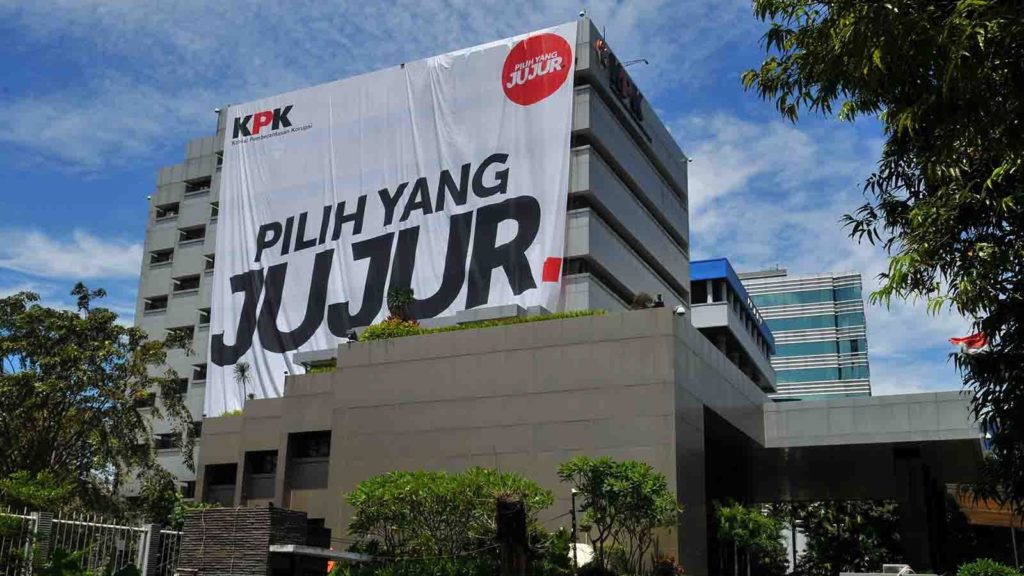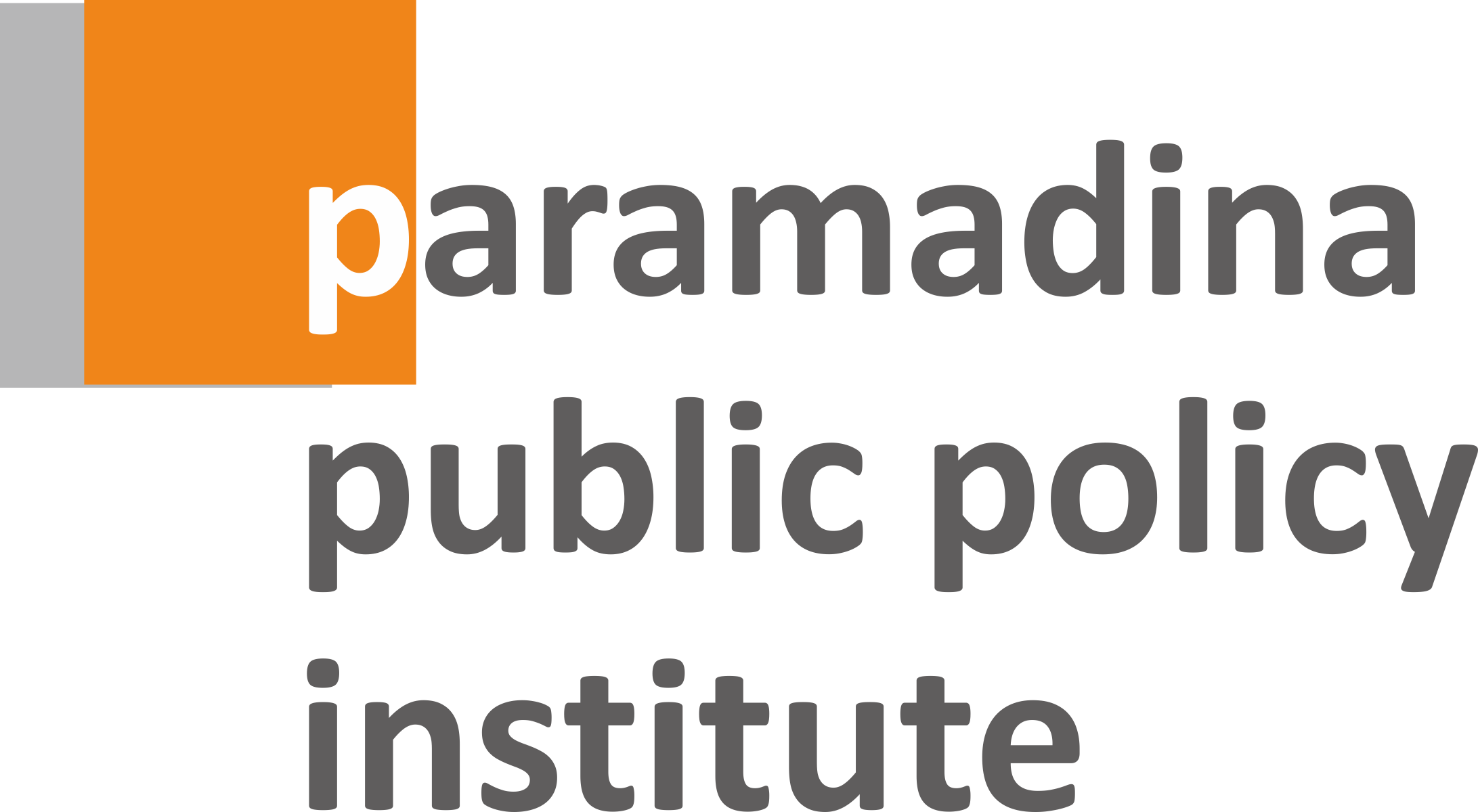
Abstract
The political commitment of the highest political leader in a country is the key to the success and failure of an anti-corruption institution body. In the first era of President Joko Widodo’s leadership, the KPK faced a roller coaster of the agenda of eradication corruption. Various threats that present uncertainty about the future of the KPK has been carried out by external and internal forces of the KPK. This had a significant impact on the effectiveness of the KPK anti-corruption engine. This article tries to explain and evaluate the quality of President Joko Widodo’s first-period government support (2014-2019) to the KPK and how it impacts on the continuation of the anti-corruption agenda in Indonesia. This article concludes that economic development targets that require socio-political stability make anti-corruption work is less adequately addressed. As a result, the Corruption Eradication Commission was hit by a counterattack from various political-business interest groups. Responding to the situation, President Joko Widodo chose to play it safe and did not show a precise alignment on the KPK. In this period also, there was no visible cooperation that took root and made the eradication and prevention of corruption as the main agenda that was systematic and sustainable.
Keywords: Anti-Corruption, Democratization, Market Liberalization, Political Will, Civil Society
This article is published in Indonesian in Jurnal Antikorupsi INTEGRITAS, titled: Lemahnya Komitmen Antikorupsi Presiden di Antara Ekspektasi Pembangunan Ekonomi dan Tekanan Oligarki
Details
Published December 13, 2019
DOI: https://doi.org/10.32697/integritas.v5i2.477
